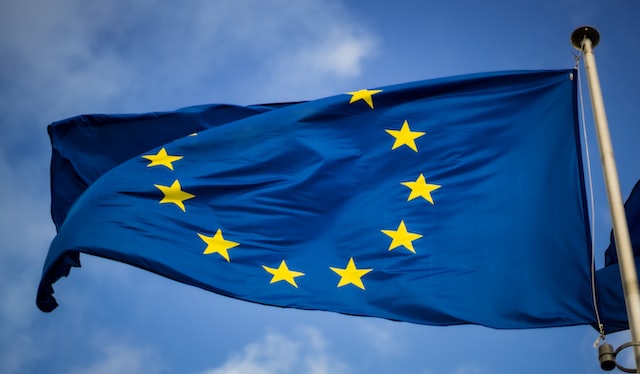The European Union has extended its sanctions against Russia and has added more restrictions to crypto wallets and related services. Per a press release, the European Commission implemented an eight package on the Russian Federation due to its conflict with Ukraine.
The sanctions are aimed at negatively impacting key areas of the Russian infrastructure and preventing them from continuing with their invasion of Ukraine. The Commission claims the conflict has escalated into an “illegal war against Ukraine”.
In addition to its military infrastructure and its capacity to mobilize troops into Ukraine, the Commission has targeted Russia’s capacity to generate revenues. The EU will impose a ban of over 7 billion euros and export restrictions to attack the country’s financial capabilities and technological capabilities.
The new sanctions will deprive the Russian Federation of “complex key” technological components and European economy services. Including forbidding European nationals to take positions in certain Russian companies, and supplying the country with specific goods and equipment. The Commission stated:
The geopolitical, economic, and financial implications of Russia’s continued aggression are clear, as the war has disrupted global commodities markets, especially for agrifood products and energy.
Europe Takes Blow At Russia Via Crypto Sanctions
The new sanctions have been implemented following the annexation of Ukraine’s territory to the Russian Federation. The Vladimir Putin-led nation conducted referenda allowing people to vote for the integration of Luhansk, Kherson, Zaporizhzhia, and Donetsk into Russian territory.
The Commission classified this action as an “Illegal annexation” calling the voting process a “sham”. In that sense, the new sanctions will attempt to Russian capacity to circumvent financial pressure.
The European Commission announced the prohibition of crypto assets, member nations must “ban” all crypto wallets, users, and custody services from this country. The old sanctions allowed people in European countries to transact with crypto wallets in Russia holding amounts of up to 10,000 euros.
The new penalties have been designed to widen the scope of the services and individuals that will be unable to interact with European entities. In addition to crypto and digital assets, the Commission has prevented IT consultancy, legal advisors, and others from providing support to the Federation.
On the new crypto and technological restriction, the Commission said:
These are significant as they will potentially weaken Russia’s industrial capacity because it is highly dependent on importing these services.
However, many are left wondering how the Commission or European entities will be able to enforce these restrictions. Unlike an IT or importing service, transactions on the blockchain might not be associated with an individual.
At most, crypto exchanges and other related companies will be able to lock out and prevent Russian users from onboarding their platforms. The average person will still be able to send and receive digital assets from Russian individuals or from people in the conflict zone.
As Bitcoinist has reported, crypto and digital asset donations have been critical in the Ukraine-Russia conflict. People from all over the world have sent funds to support the Ukrainians, allowing the country to purchase critical equipment.
In addition, people in the affected areas, some of which might consider part of Russia, used crypto to continue with their everyday lives. Thus, the new EU sanctions might pose an issue for the little guy, not the major players in the Putin government still with access to several tools to bypass sanctions.
